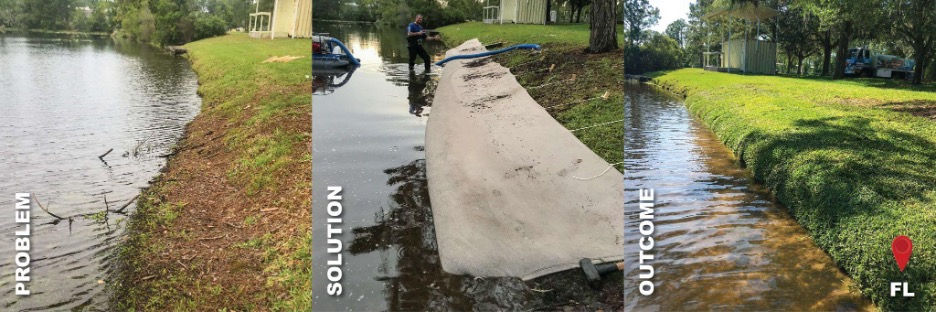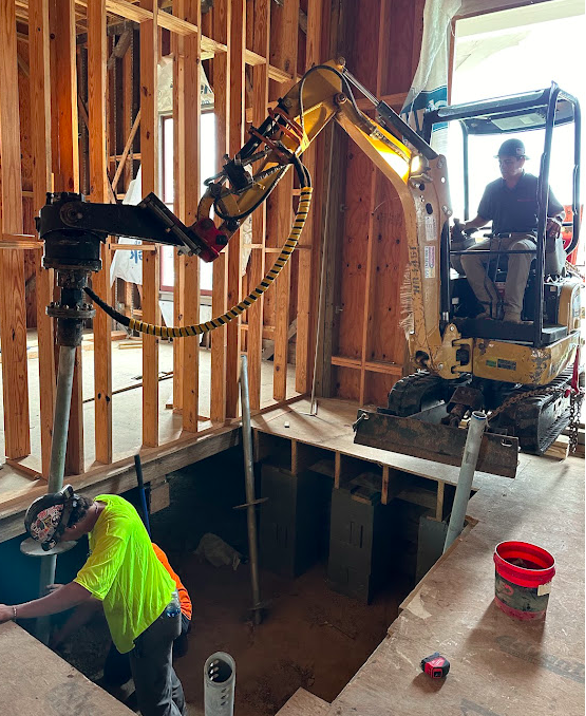What Questions to Ask When Scheduling Crawl Space Encapsulation in Mississippi
- burns68
- Feb 9, 2024
- 3 min read
When it comes to hiring a professional for crawl space encapsulation in Mississippi, it’s important to ask the right questions. Most homeowners start thinking about this project when they’re looking to improve indoor air quality, reduce heating and cooling costs, prevent mold growth, and keep pests away.
Crawl space encapsulation creates a dry buffer between the crawl space walls and the dirt floor. The crawl space is lined with a polyurethane vapor barrier to accomplish this job, preventing moisture from rising to the floor. All vents are then sealed to keep humid air away, and insulation may be added to the walls to improve thermal resistance.
While crawl space encapsulation is optional, more homeowners are opting to have this done to keep their homes more comfortable, healthy, and efficient. If you want to learn more about this process, schedule an appointment with a crawl space encapsulation company and ask your contractor these questions.
What experience do you have with crawl space encapsulation?
Choose a contractor that has experience with this project. It’s important that this job is done correctly. Otherwise, moisture can creep back into your crawl space causing issues with mold, humidity, water damage and foul odors.
Any reputable contractor will provide you with a free inspection, so be sure to schedule yours and ask the right questions. The contractor should be able to provide you with a clear plan on how the project will be done and what benefits to expect. Crawl space encapsulation is best done during the build process, but it can be done after as well.
What materials will you be using?
The barrier will make up the walls of your crawl space, so you want to be sure that it provides the appropriate thermal insulation. This will prevent the crawl space from losing too much heat in the winter and gaining too much heat in the summer.
Contractors are expected to use a specific amount of insulation, which can be found in the IRC. This is usually between R-5 and R-20. The particular R value that your contractor chooses should meet the local building code requirements in your area. Also ask about the caulks and sealants being used.
Will you include vents?
In the past, crawl spaces were required to have vents. However, this is no longer the case. In fact, it’s recommended not to have open vents in the crawl space because they encourage the accumulation of water. If your crawl space already has vents, ask the contractor to inspect them before placing the barrier.
How long will the project take?
Most of the time, crawl space encapsulation takes one or two days. This depends on the size of your crawl space and the availability of the contractor. To speed up the project, you can clean up the crawl space so that it’s ready for encapsulation, such as removing boxes and containers. And, if there is already mold present, you’ll need to have this removed before the space can be encapsulated.
Is there anything else that will need to be done?
Depending on your needs and what you are hoping to accomplish with encapsulation, your contractor may recommend a few additional steps. For instance, if humidity is a problem, you may want to install a dehumidifier with a drainage pipe to the outside. You may also need to install an interior drainage system and sump pump if you’re in a low-lying area prone to flooding.
How long does crawl space encapsulation last?
On average, crawl space encapsulation lasts about 10-15 years or more. Using heavy-duty, robust materials can get you 20 years or more, which is why it’s important to know what materials are being used on your home. The quality of the installation also makes a difference. Be sure to ask about a warranty as well.
Learn More about Crawl Space Encapsulation in Mississippi
There are many benefits to crawl space encapsulation. The best step to take is to schedule an inspection and determine if this is something you can benefit from. Foremost Foundations and Construction provides crawl space encapsulation to help homeowners deal with moisture, pests, high energy bills, mold, mildew and more. Schedule an appointment and see what encapsulation can do for your home!





Comments